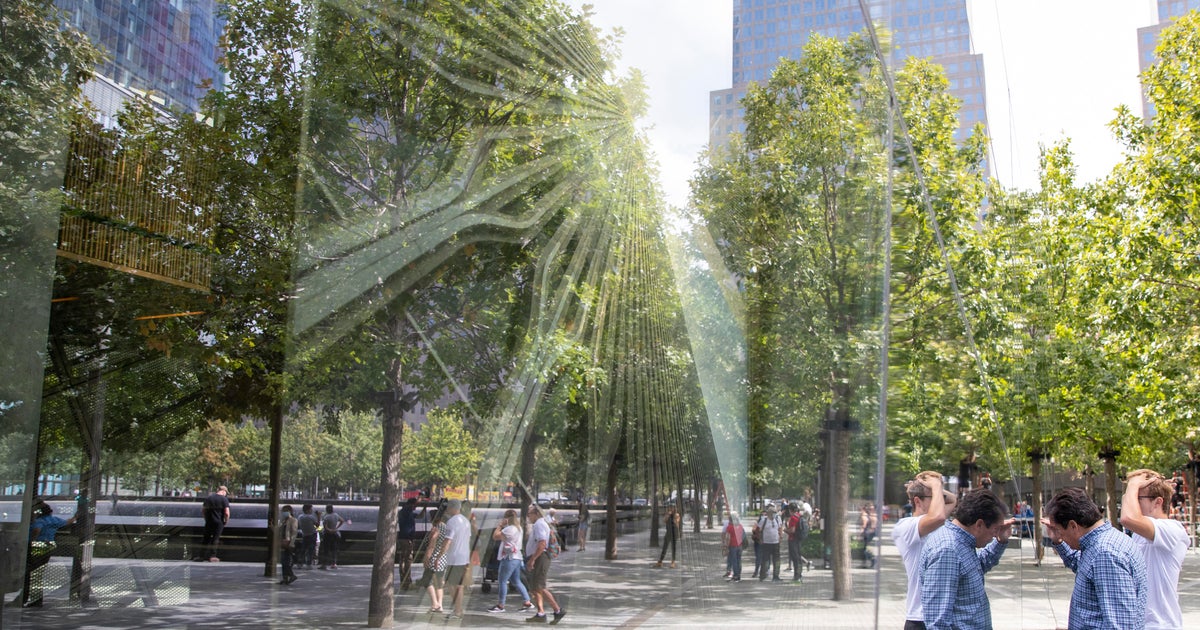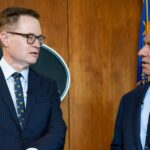In a notable decision, a New York federal judge has ruled that a lawsuit against the Kingdom of Saudi Arabia can proceed. The suit, filed by families of the victims of the September 11, 2001 attacks, accuses Saudi Arabia of potentially aiding the hijackers responsible for the tragedy. This ruling marks a significant step in an enduring legal battle aimed at holding the Saudi government accountable for any involvement in the terror attacks.
The backdrop of this case is the Justice Against Sponsors of Terrorism Act (JASTA), a pivotal piece of legislation passed by Congress in 2016 while a similar appeal was pending. JASTA enables victims of terror attacks to pursue foreign governments and entities that allegedly support terrorism, particularly allowing suits related to terrorist acts occurring on U.S. soil. Previously, in 2015, the lawsuit was momentarily dismissed, only to be resurrected following an overturn by a federal appeals court.
Central to the allegations in the case are two of the 19 hijackers involved in the September 11th attacks, Khalid al-Mihdhar and Nawaf al-Hazmi. These individuals were aboard American Airlines Flight 77, which infamously crashed into the Pentagon. Reports have repeatedly highlighted potential connections between these hijackers and Saudi government figures, casting suspicions that have resulted in persistent denials from Saudi Arabia.
Significantly, the case has focused on Omar al-Bayoumi, a Saudi national who resided in Los Angeles at the time. Upon the hijackers’ arrival in the United States, al-Bayoumi assisted them in finding accommodation. Initially reported as a coincidental meeting in a restaurant, subsequent investigations and revelations have portrayed a more controversial figure. Al-Bayoumi, who has been alleged to possess ties with Saudi intelligence, has been a central figure in the plaintiffs’ case. Lawyers supporting the 9/11 families point to various classified documents that suggest al-Bayoumi held “extensive ties” with the Saudi government and behaved more like an intelligence officer than a mere community member.
Further complicating the narrative, Fahad al-Thumairy, an accredited Saudi diplomat and imam at a mosque the hijackers attended in Los Angeles, was investigated but ultimately not linked by the 9/11 Commission to any direct aid to the hijackers. However, the plaintiffs argue that the broader network within which these individuals operated indicates a level of logistical and possibly financial support that facilitated the attacks.
Moreover, a recent investigative report on “60 Minutes” brought to light new evidence potentially linking al-Bayoumi to the terrorists’ operations. This included a video of him filming strategic U.S. landmarks, including the U.S. Capitol, which aligned with theories that al-Qaida might have initially targeted the Capitol on 9/11. Additionally, a notebook retrieved from al-Bayoumi’s residence was found containing a sketch of an aircraft alongside calculations possibly related to flight and descent patterns toward targets.
In the latest courtroom developments, U.S. District Judge George Daniels in the Southern District of New York expressed that the plaintiffs had provided enough preliminary evidence to suggest the involvement of Bayoumi, Thumairy, and possibly even broader Saudi facilitation in the 9/11 attacks. On the contrary, explanations provided by the defense were deemed insufficient to dismiss the allegations at this juncture.
The attorneys for the Saudi government have frequently contended that the connections drawn are merely circumstantial or coincidental. They have attempted to convey al-Bayoumi’s interactions with the hijackers as casual and not criminally complicit. They also argued that the noted airplane drawing in Bayoumi’s notebook might have been part of his child’s school assignments rather than anything nefarious.
However, Judge Daniels dismissed these explanations as speculative and insufficient. He underscored that while there is no consensus on Bayoumi’s motives, it remains undisputed that he played a significant role in aiding the hijackers, evidence that keeps the case alive against Saudi Arabia.
In response to the ruling, the Saudi embassy asserted its intentions to appeal, stressing that the decision was focused only on jurisdiction and not on the merits of the case. They reiterated their stark denial of involvement in the attacks.
The plaintiff’s lawyers, including Sean P. Carter and the legal team from Kreindler & Kreindler LLP, praised the court’s thorough decision. They expressed enthusiasm for advancing the case towards trial where they hope more extensive examination will finally yield truth and justice for the 9/11 families.
This recent judicial decision does not conclude the matter but ensures that the allegations against Saudi Arabia will be explored meticulously in the court, potentially setting precedents for how international cases linked to terrorism are treated under U.S. law in the future. The ongoing litigation stands as a vital chapter in the quest for accountability and transparency over the tragic events of September 11, 2001, and it remains a focal point of tension in the complex and strategic alliance between the United States and Saudi Arabia.









